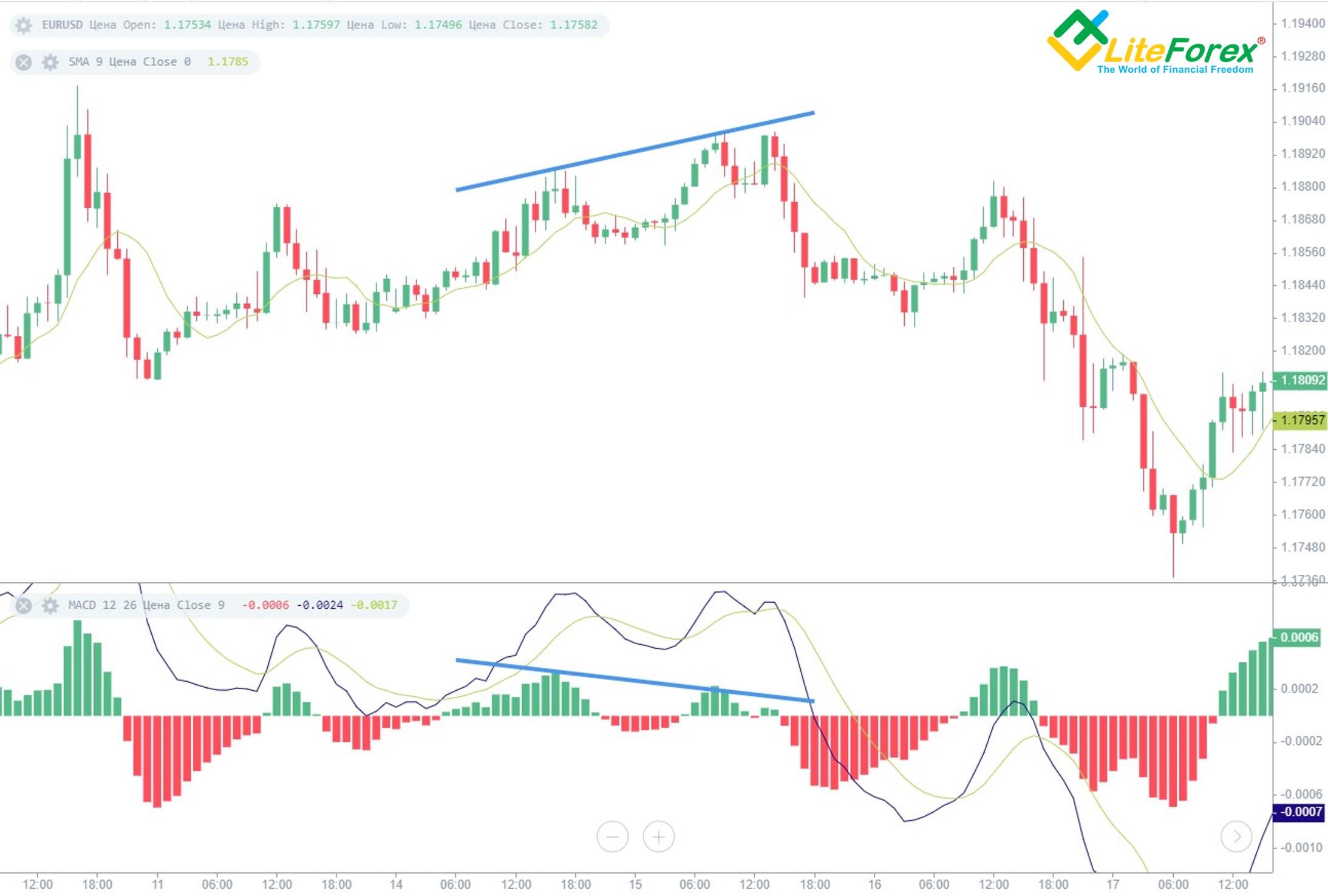
Although an exchange-traded fund (ETF), might seem like a tax-efficient way to invest, it is important to be aware of the tax rules in order to maximize its tax efficiency. ETFs can hold stocks, bonds, or other financial assets. They are extremely liquid investments and can be bought or sold like any other stock. ETFs can be taxed in the same manner as mutual funds. ETF dividends can also be subject to tax rules.
The amount of dividends paid by an ETF is based on the underlying holdings of the fund. ETFs can pay both qualified and nonqualified dividends. The former is a tax-free cash distribution, while the latter is subject to normal income tax rates. Qualified dividends have a tax rate between 0% to 20%. ETFs must own the stock for at minimum 121 calendar days to qualify. The ETF must have paid the dividend for at least 60 days of that 121 day period. The dividends are then reported to the IRS. The IRS decides if a distribution is qualified.

ETFs can pay nonqualified dividends in addition to the qualified ones. Nonqualified dividends will be subject to the ordinary income tax rate. Nonqualified dividends may be paid on stocks that were held for less than 60 days, and the ETF does not qualify the dividend. Nonqualified dividends can be taxed at the ordinary income rate of 10-37%.
ETF dividends are best reinvested in additional shares. ETFs do not have to reinvest all dividends. However, the IRS does not require it. Experts suggest investors take advantage time spent in the market by investing the dividends. This may help supercharge your earnings. It also takes advantage of the power of compound interest.
An ETF might also have to pay a Medicare special tax on net investment income (NII), which is the dividend income. The special Medicare tax is a 3.8% tax that applies to high-income investors.
Dividend ETFs can help diversify your portfolio. You can also generate dividends which could be very useful for your retirement years. But, you may also realize capital gains if the ETF is sold. In order to avoid this tax, you will need to hold the ETF for at least a year. You will be liable for ordinary income tax if you dispose of the ETF within the year. Important to remember that ETFs typically pay their dividends in cash.

ETF dividends are generally treated as ordinary income and may be subject to quarterly estimated taxes. This tax is typically paid by the investor along with their regular income tax. A tax advisor can help determine how much you can save on dividend ETF investments.
FAQ
What is a REIT?
A real estate investment Trust (REIT), or real estate trust, is an entity which owns income-producing property such as office buildings, shopping centres, offices buildings, hotels and industrial parks. They are publicly traded companies which pay dividends to shareholders rather than corporate taxes.
They are similar companies, but they own only property and do not manufacture goods.
Is stock a security that can be traded?
Stock is an investment vehicle which allows you to purchase company shares to make your money. This can be done through a brokerage firm that helps you buy stocks and bonds.
You could also choose to invest in individual stocks or mutual funds. There are more mutual fund options than you might think.
There is one major difference between the two: how you make money. Direct investment allows you to earn income through dividends from the company. Stock trading is where you trade stocks or bonds to make profits.
Both of these cases are a purchase of ownership in a business. But, you can become a shareholder by purchasing a portion of a company. This allows you to receive dividends according to how much the company makes.
Stock trading offers two options: you can short-sell (borrow) shares of stock to try and get a lower price or you can stay long-term with the shares in hopes that the value will increase.
There are three types for stock trades. They are called, put and exchange-traded. You can buy or sell stock at a specific price and within a certain time frame with call and put options. ETFs can be compared to mutual funds in that they do not own individual securities but instead track a set number of stocks.
Stock trading is very popular because it allows investors to participate in the growth of a company without having to manage day-to-day operations.
Although stock trading requires a lot of study and planning, it can provide great returns for those who do it well. This career path requires you to understand the basics of finance, accounting and economics.
What is the trading of securities?
The stock market lets investors purchase shares of companies for cash. To raise capital, companies issue shares and then sell them to investors. Investors then resell these shares to the company when they want to gain from the company's assets.
Supply and demand are the main factors that determine the price of stocks on an open market. When there are fewer buyers than sellers, the price goes up; when there are more buyers than sellers, the prices go down.
You can trade stocks in one of two ways.
-
Directly from the company
-
Through a broker
What is a Stock Exchange, and how does it work?
Stock exchanges are where companies can sell shares of their company. This allows investors and others to buy shares in the company. The market sets the price of the share. It usually depends on the amount of money people are willing and able to pay for the company.
Companies can also get money from investors via the stock exchange. Companies can get money from investors to grow. Investors buy shares in companies. Companies use their money to fund their projects and expand their business.
There are many kinds of shares that can be traded on a stock exchange. Some are called ordinary shares. These are most common types of shares. Ordinary shares are bought and sold in the open market. Shares are traded at prices determined by supply and demand.
Preferred shares and debt securities are other types of shares. When dividends are paid out, preferred shares have priority above other shares. If a company issues bonds, they must repay them.
What is security on the stock market?
Security can be described as an asset that generates income. Shares in companies is the most common form of security.
A company may issue different types of securities such as bonds, preferred stocks, and common stocks.
The earnings per shares (EPS) or dividends paid by a company affect the value of a stock.
If you purchase shares, you become a shareholder in the business. You also have a right to future profits. If the company pays a dividend, you receive money from the company.
You can sell shares at any moment.
What is the difference between a broker and a financial advisor?
Brokers are individuals who help people and businesses to buy and sell securities and other forms. They handle all paperwork.
Financial advisors are experts on personal finances. They help clients plan for retirement and prepare for emergency situations to reach their financial goals.
Financial advisors can be employed by banks, financial companies, and other institutions. Or they may work independently as fee-only professionals.
You should take classes in marketing, finance, and accounting if you are interested in a career in financial services. Also, you'll need to learn about different types of investments.
Are bonds tradeable?
The answer is yes, they are! As shares, bonds can also be traded on exchanges. They have been doing so for many decades.
The main difference between them is that you cannot buy a bond directly from an issuer. They can only be bought through a broker.
This makes it easier to purchase bonds as there are fewer intermediaries. This means that selling bonds is easier if someone is interested in buying them.
There are many different types of bonds. There are many types of bonds. Some pay regular interest while others don't.
Some pay interest annually, while others pay quarterly. These differences allow bonds to be easily compared.
Bonds can be very helpful when you are looking to invest your money. In other words, PS10,000 could be invested in a savings account to earn 0.75% annually. The same amount could be invested in a 10-year government bonds to earn 12.5% interest each year.
If you were to put all of these investments into a portfolio, then the total return over ten years would be higher using the bond investment.
Statistics
- Even if you find talent for trading stocks, allocating more than 10% of your portfolio to an individual stock can expose your savings to too much volatility. (nerdwallet.com)
- Ratchet down that 10% if you don't yet have a healthy emergency fund and 10% to 15% of your income funneled into a retirement savings account. (nerdwallet.com)
- Our focus on Main Street investors reflects the fact that American households own $38 trillion worth of equities, more than 59 percent of the U.S. equity market either directly or indirectly through mutual funds, retirement accounts, and other investments. (sec.gov)
- "If all of your money's in one stock, you could potentially lose 50% of it overnight," Moore says. (nerdwallet.com)
External Links
How To
How to Invest in Stock Market Online
You can make money by investing in stocks. There are many methods to invest in stocks. These include mutual funds or exchange-traded fund (ETFs), hedge money, and others. The best investment strategy depends on your risk tolerance, financial goals, personal investment style, and overall knowledge of the markets.
Understanding the market is key to success in the stock market. This involves understanding the various types of investments, their risks, and the potential rewards. Once you understand your goals for your portfolio, you can look into which investment type would be best.
There are three main types of investments: equity and fixed income. Equity is ownership shares in companies. Fixed income can be defined as debt instruments such bonds and Treasury bills. Alternatives include things like commodities, currencies, real estate, private equity, and venture capital. Each category has its pros and disadvantages, so it is up to you which one is best for you.
You have two options once you decide what type of investment is right for you. One is called "buy and hold." You buy some amount of the security, and you don't sell any of it until you retire or die. Diversification, on the other hand, involves diversifying your portfolio by buying securities of different classes. If you purchased 10% of Apple or Microsoft, and General Motors respectively, you could diversify your portfolio into three different industries. The best way to get exposure to all sectors of an economy is by purchasing multiple investments. It helps protect against losses in one sector because you still own something else in another sector.
Another key factor when choosing an investment is risk management. Risk management allows you to control the level of volatility in your portfolio. You could choose a low risk fund if you're willing to take on only 1% of the risk. You could, however, choose a higher risk fund if you are willing to take on a 5% chance.
Knowing how to manage your finances is the final step in becoming an investor. Managing your money means having a plan for where you want to go financially in the future. A good plan should cover your short-term goals, medium-term goals, long-term goals, and retirement planning. This plan should be adhered to! Keep your eyes on the big picture and don't let the market fluctuations keep you from sticking to it. Stay true to your plan, and your wealth will grow.